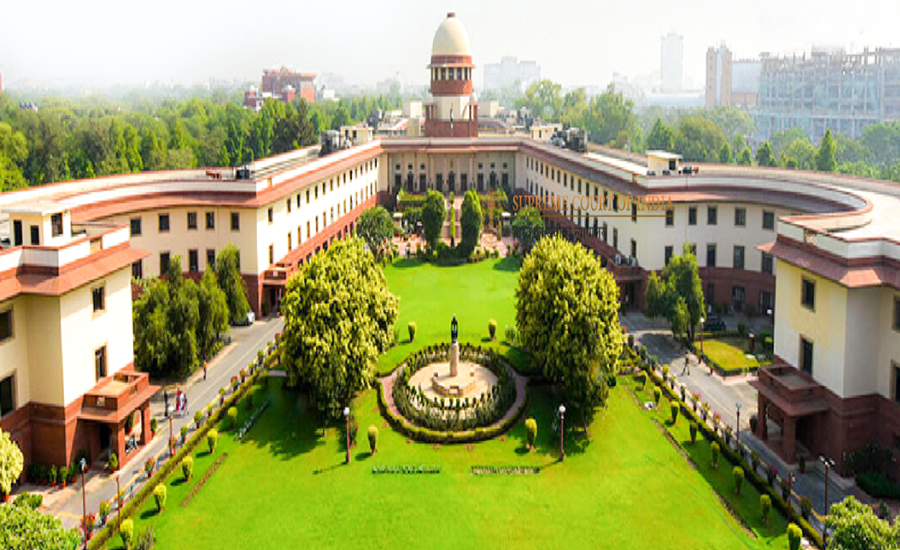In a landmark judgment delivered on May 15, 2025, the Supreme Court of India directed the Chief Secretaries of all states and Administrators of Union Territories to constitute Special Investigation Teams (SITs) to probe illegal allotments and encroachments on reserved forest land.
The apex court emphasized that these SITs must investigate whether any reserved forest land under the possession of the revenue department has been allotted for purposes unrelated to forest conservation. If such allotments are found, the court ordered that the land should be reclaimed and handed over to the forest department.
However, in cases where reclaiming the land is not in public interest, the entire cost of the land must be recovered from the person or institution occupying it. The funds thus collected should be used exclusively for forest development.
A bench comprising Chief Justice BR Gavai, Justice Augustine George Masih, and Justice Krishnan Vinod Chandran ordered that the entire process be completed within one year. The court further stated, “It is needless to say that henceforth, reserved forest land should be used only for the development of forests.”
The ruling came in a case concerning the illegal transfer of 11.89 hectares of reserved forest land in Kondhwa Budruk, Pune district, to Richie Rich Co-operative Housing Society (RRCHS). The court ruled that the initial allotment on August 28, 1998, and the sale permission granted on October 30, 1999, were both wholly illegal.
Additionally, the environmental clearance given to RRCHS by the Ministry of Environment on July 3, 2007, was declared illegal and quashed. The court directed that this land, still under the revenue department, must be transferred to the forest department within three months.
In a related development on April 29, 2025, the Supreme Court had asked the Madhya Pradesh and Central governments whether residential construction within forest areas was legally permissible. If so, the governments were instructed to submit affidavits detailing all relevant rules, regulations, and legal provisions within three weeks.
This judgment signals a firm stance by the Supreme Court toward halting unauthorized activities in forest regions, with a view to preserving environmental integrity and protecting the rights of forest dwellers.
Also Read: Former CJI DY Chandrachud Appointed Distinguished Professor at NLU Delhi – Full Details Inside






























